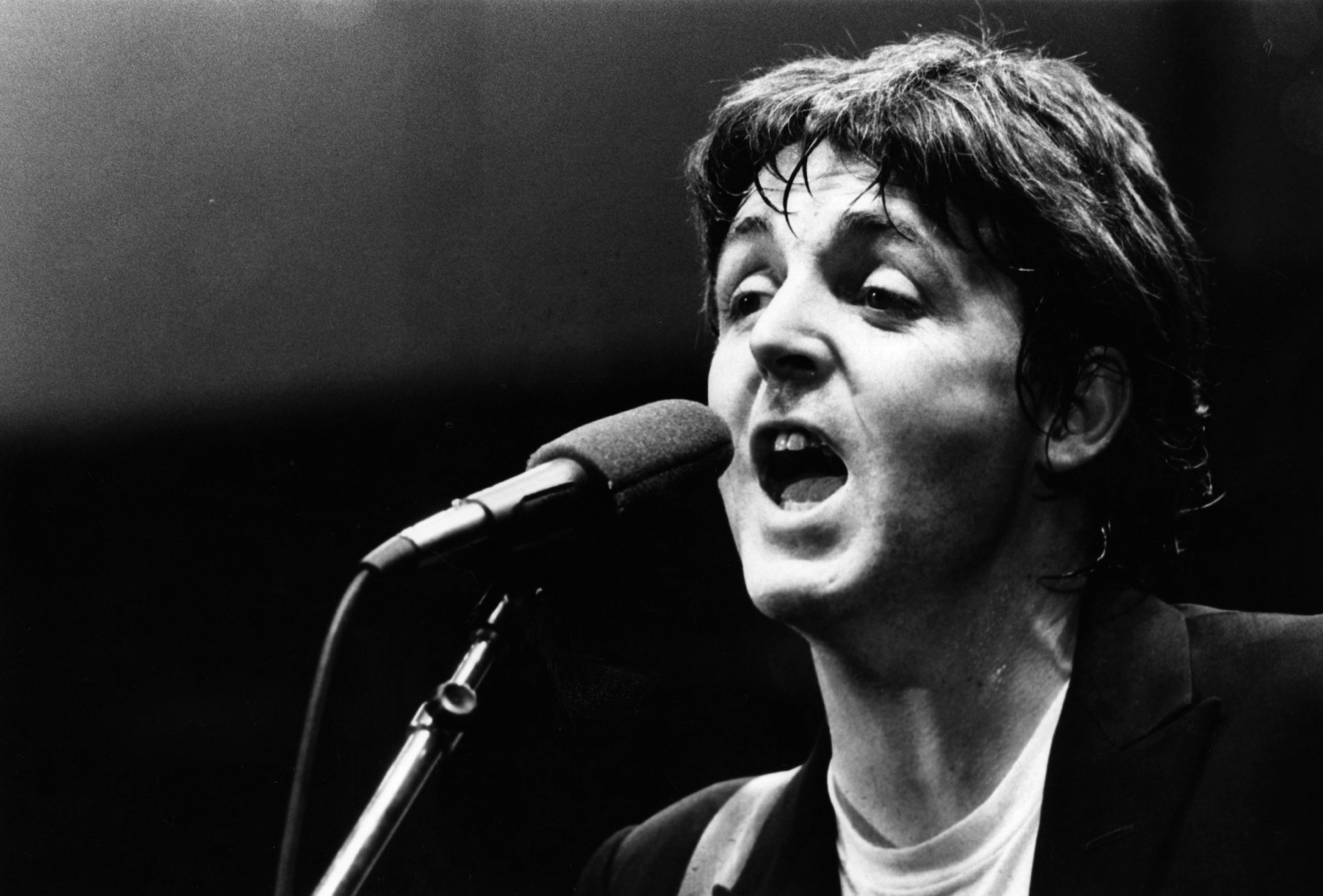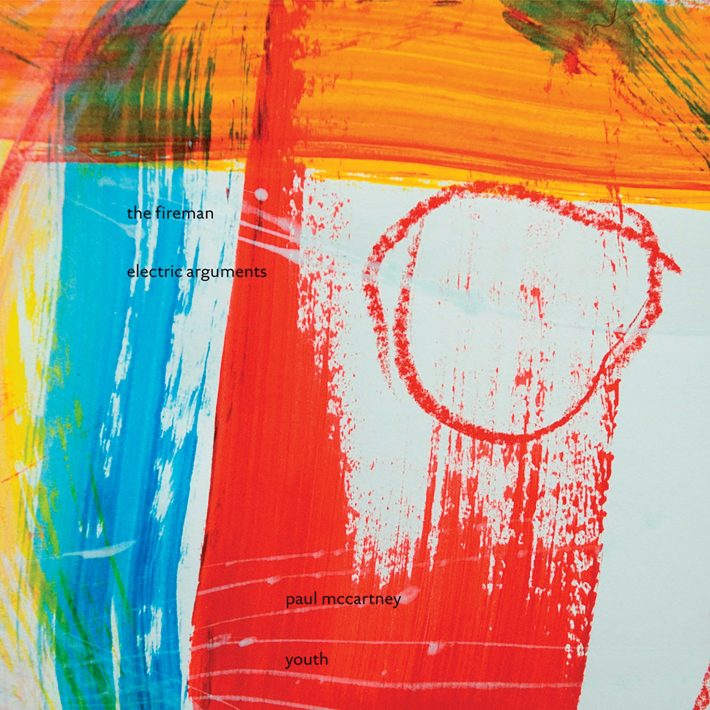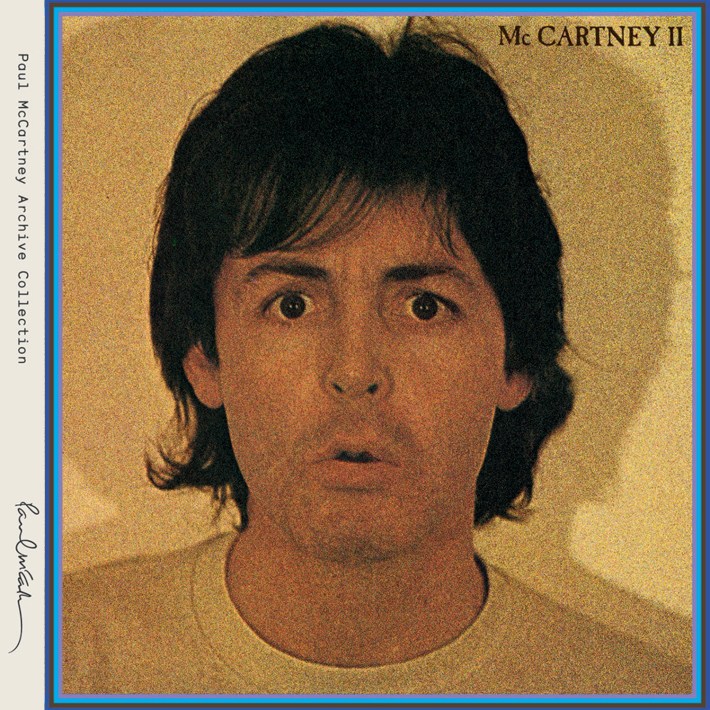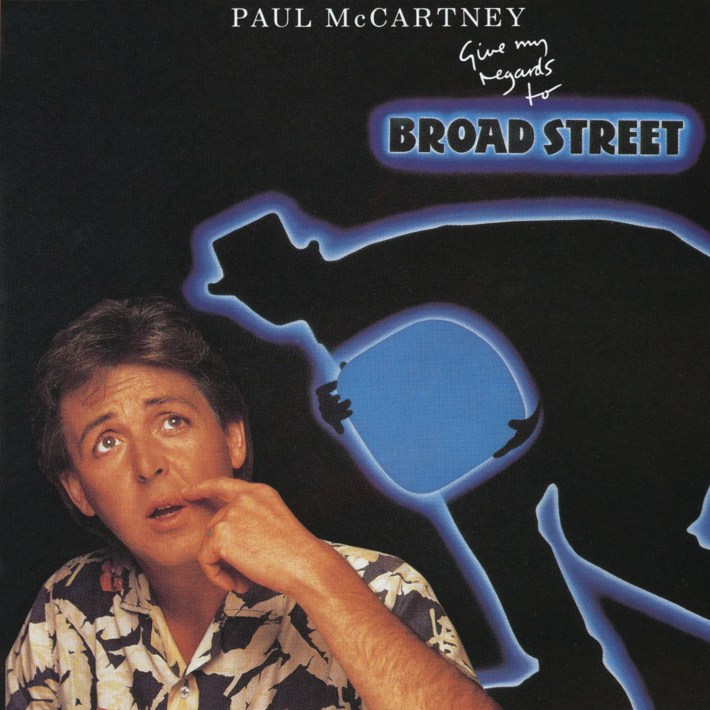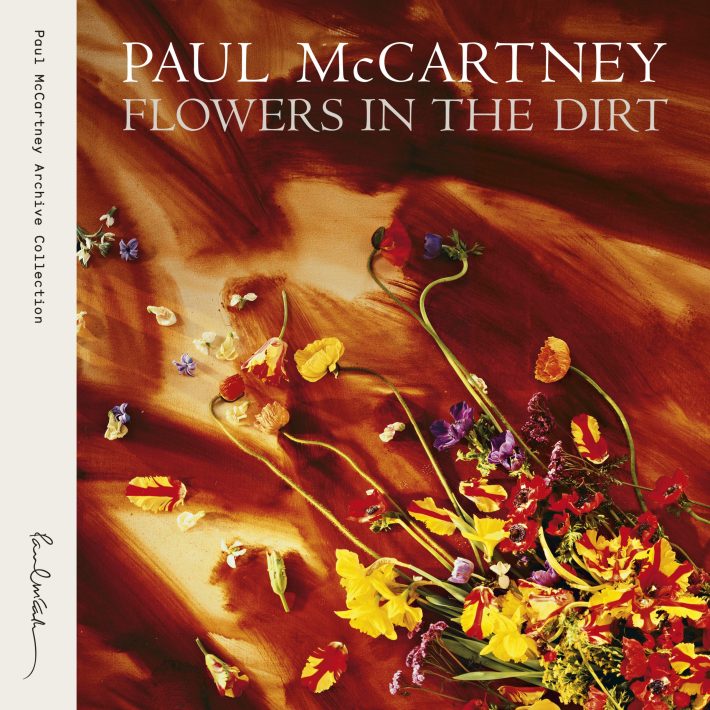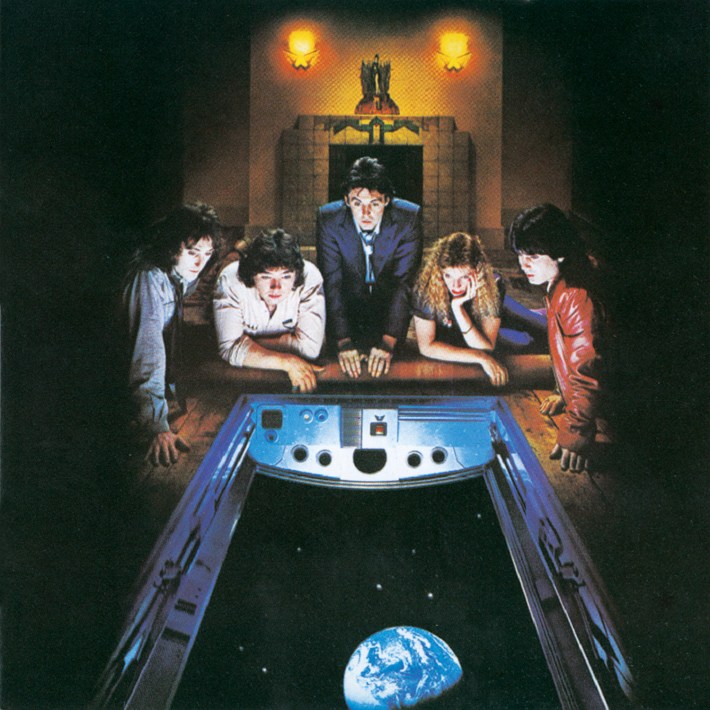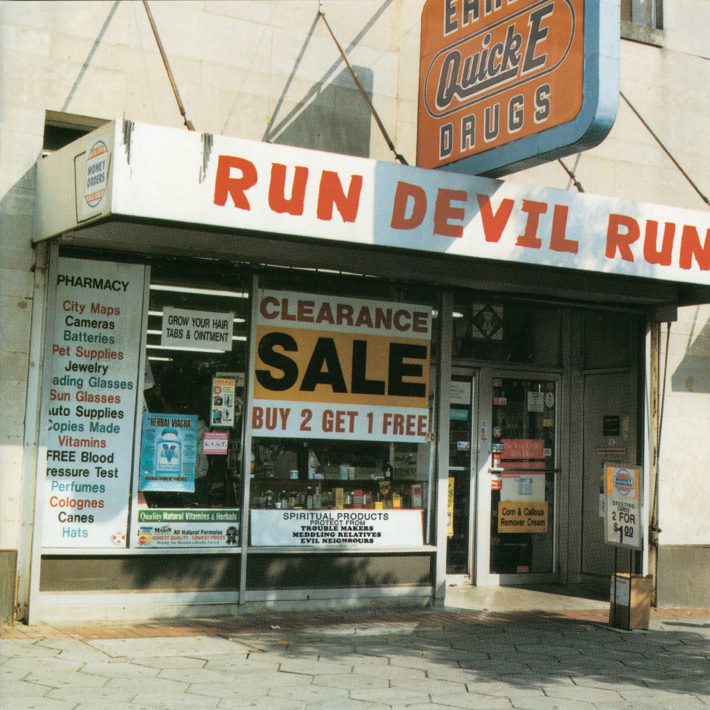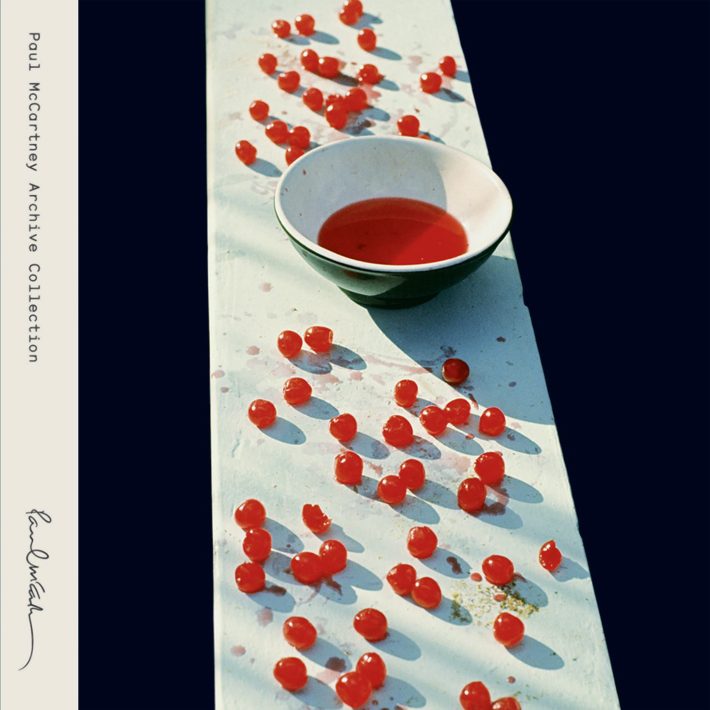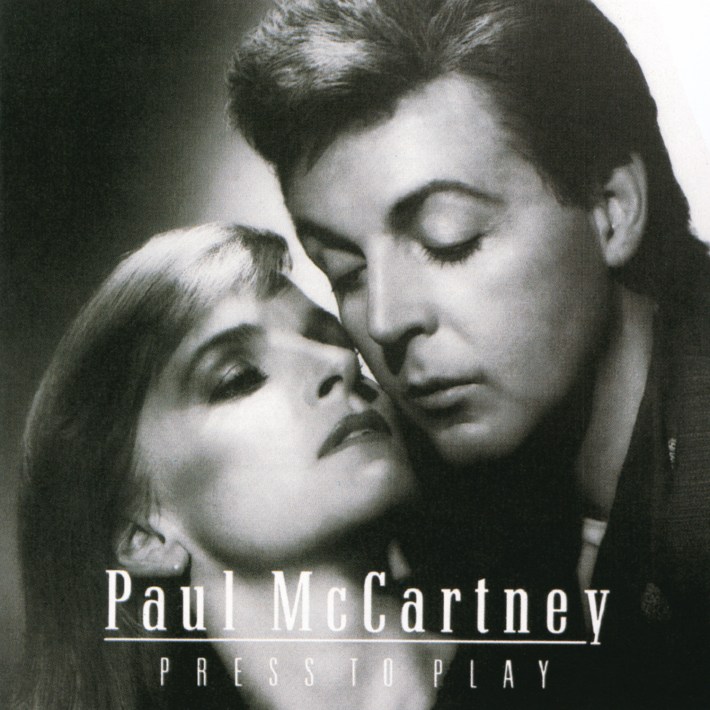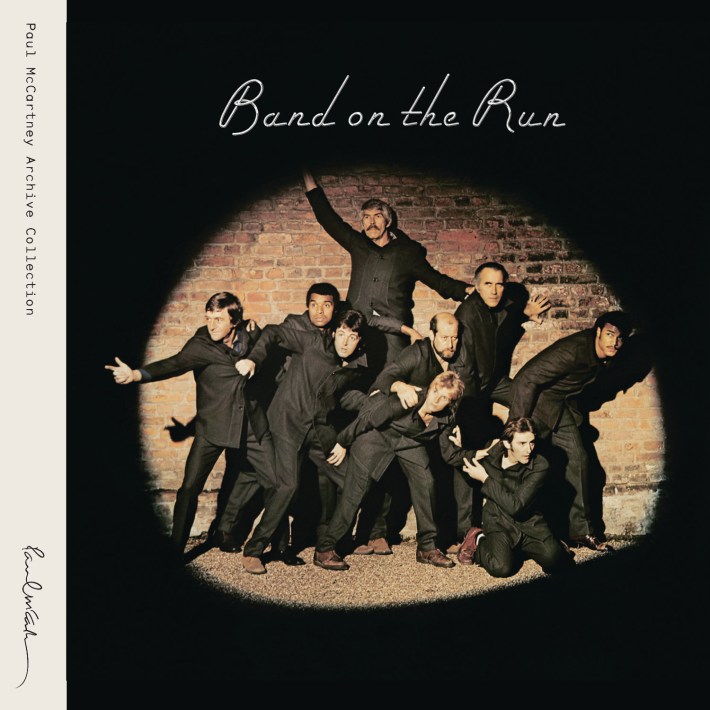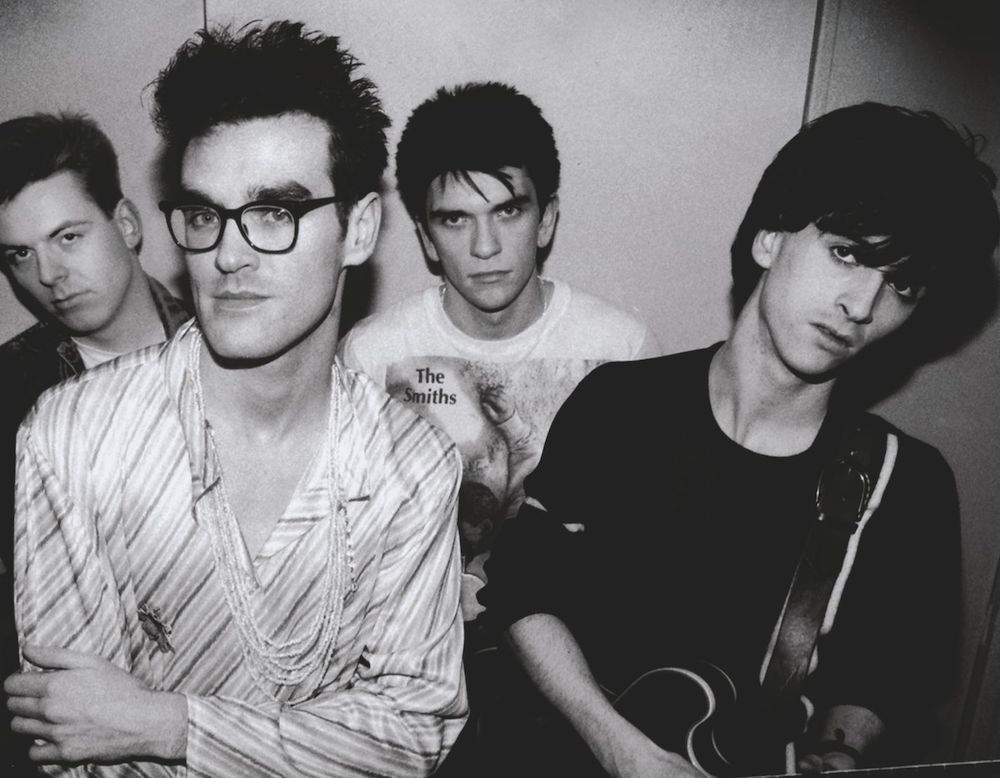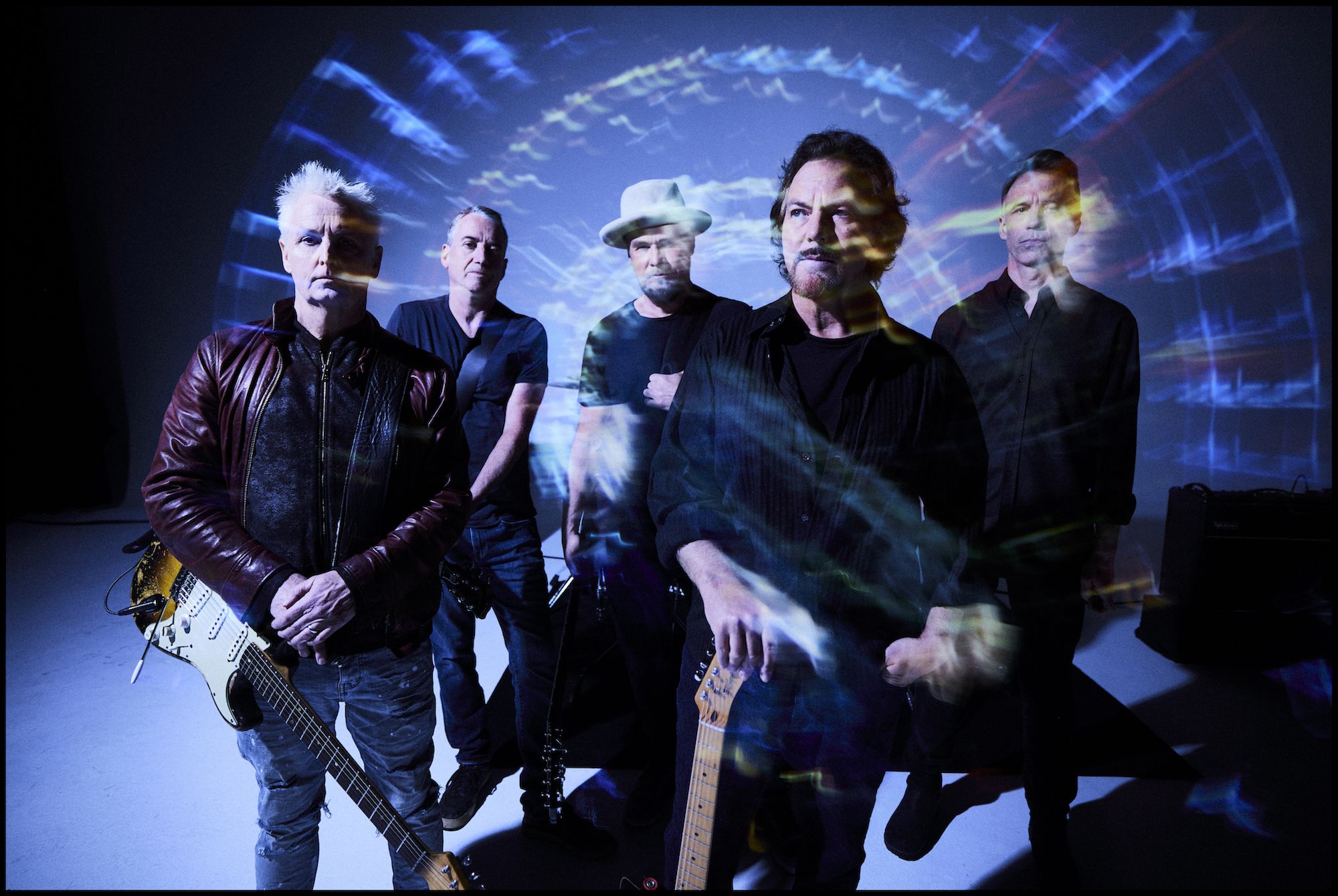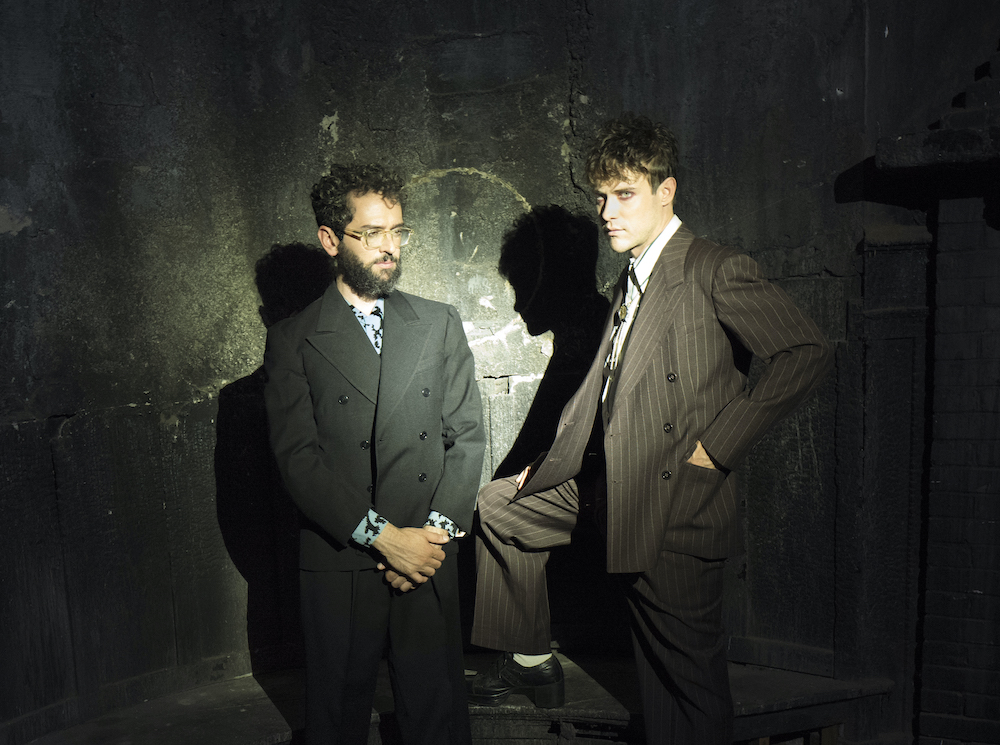In the days of mixtapes and CD burning, Paul McCartney was one of those acts like the Fall and Wu-Tang Clan whose immense catalog concealed overlooked corners and underused trails the former Beatle himself had no interest in mentioning. Standalone singles with B-sides, album tracks composed with first wife Linda or Wings members, collaborations with Michael Jackson, Elvis Costello and a member of 10cc —McCartney’s career reveals an untrammeled curiosity about the wonder of human voices sharing a mic; about comic books and sci-fi escapism that his fan base would've recognized and appreciated; and, in a break from the promiscuity and grossness of his peers' backstage practices, about energetic married sex.
McCartney can do what he pleases as an 80-year-old musician whose income doesn’t depend on Spotify's pennies. Anyone his age can be a, bleh, "craftsman." Accuse him of recording albums as excuses to tour, but those albums are pretty good, the most recent of which, McCartney III, demonstrates how allegiance to pop song form means nothing without a sort of giggly pleasure from limning its boundaries.
The following songs approximate the range of his obsessions. No "Band On The Run," "Silly Love Songs," or "Ebony And Ivory," tunes that range from the sublime to the execrable and not part of my McCartney canon. The Paul McCartney who operated as the world's biggest DIY artist fascinates me most.
The thought of McCartney needing a moniker to record “experimental” music amuses me: He's Paul McCartney; the albums under his own name always have cool-weird and bad-weird stuff. Thickly textured instrumentals with a fresh electronic sheen dominate the first two albums released as the Fireman with producer Youth. 2008's Electric Arguments works as a daffier, dopier companion piece to 2007's excellent Memory Almost Full. Its relentless euphoria reads, for better or worse, as if McCartney were glassy-eyed on molly: not silly love songs, but silly silliness. With its interwoven guitar lines, "Sing The Changes" could be a descendant of Wings' "Eat At Home," but the sheen and expensive echo are far from lo-fi. And McCartney, singing at the top of his range, sounds jazzed, hoping listeners "feel the sense of childlike wonder." For decades the possibilities of the pop song has been this religious agnostic's only faith. Keeping his sense of childlike wonder serves as a lodestar. And what’s wrong with that?
If a young wanker wanted to share his homemade tape of half-assed synth bops, you’d cough and change the subject. Because Paul is Paul, Columbia Records released this album of said bops in 1980, marking a final break from Wings and a brief one from common sense. "Coming Up" was the obligatory #1, "Waterfalls" the obligatory top-10 followup (in England), and in the early '00s the indie dance clubs I frequented tried to make a thing out of the dangerous "Temporary Secretary." I would've preferred "Secret Friend," 11 minutes of sustained keyboard shimmers peppered with snatches of kazoo, an unintelligible vocal, claves, and sampled woodwinds. This was freaky shit, and it sounded less like 1980 than, say, Animal Collective or late '00s Hot Chip (Alexis Taylor's a fan, which should surprise no one).
"Produced" as opposed to "recorded," McCartney's second album is better loved now. However, it still sounds ungainly, with hits like "Uncle Albert/Admiral Halsey” striving for the "Beatlesque" without purpose: an adjective in search of a noun. In "The Back Seat of My Car," the admixture of lyrical banality and orchestral grandeur results in a uniquely hysterical product. At least Ram doesn’t resolve its tensions, hence its popularity. Meanwhile "Eat At Home" deserves praise, a son-of-"Day Tripper" as proudly smutty as your parents making out at the dinner table. As ever with McCartney, co-equal Linda brings the enthusiastic harmonies: Paul was one '60s survivor for whom sex jams required full delighted consent.
I have watched Give My Regards To Broad Street, the McCartney-written film valentine to Paul McCartney. It fucking sucks. McCartney's cuteness, as chronic as bad breath, is at its most terrifying. Beside him Phil Collins is James Woods. Even worse: the remakes of Beatle tunes, sung and played as if they disgusted him. Amid the gruesome originals is this ballad, McCartney's last genuine hit in America (#6 in fall 1984) that wasn’t attached to a Chevy Chase-Dan Aykroyd vehicle. The piano and vocal melodies have an appealing roundedness, the chorus sturdy enough to sustain his yearning, and, best, David Gilmour wrests the track from McCartney's clutches for a concluding solo of unusual, welcome acerbity; when it battles Anne Dudley's string arrangement, it’s like lightning tearing through cotton candy.
I often wonder why McCartney never pursued professional record production as a sideline like his mate George Harrison. Certainly the mad jingles so huge in the '70s benefited from his talent for marrying the apt aural gewgaw to a scrumptious melody; imagine him doing the same for John Denver or Carly Simon. Reflecting his anxieties about a market open to Steve Winwood comebacks so long as Guns N' Roses got equal time, Flowers In The Dirt boasts no less than four producers recruited to freshen up his music and fluff up his mullet. "This One," the album's Big Ballad, did lousy chart business stateside; an overwrought arrangement, from synth fanfare to wine glass and sitar embellishments, didn't help. But! The segue from the rhetorical questions posed in the verses to the jangle-pop sublimity of the chorus is why we call McCartney a pro. Still, I wonder why somebody couldn’t shake him by the shoulders for adding a useless outro in which grown men do funny voice contortions as if ashamed of their good work a minute earlier. The sole producer? The man with the mullet.
It’s to McCartney’s credit that he stuck to hiring nobodies when he could’ve jammed with Bernard Purdie or Larry Carlton. Showing up nobodies is also easier. A flop single buried on his inauspicious Columbia Records debut Back To The Egg, "Arrow Through Me" eschews its companion tracks' rather grotty attempts to confuse speed with precision, thanks to a loping rhythm by drummer Steve Jolley and, best, synth bass and a dusky electric piano part: a goose-down pillow of keyboards. The odd stresses ("If ya’d taken an ar-rah/ And put it right through me!") and the after-midnight glow of Linda and Denny Laine's harmonies suggest an acquaintance with Michael McDonald's recent Doobie Brothers work. For years I wondered when the hell a hip-hop producer would sample it; then Erykah Badu released 2010's "Gone Baby, Don't Be Long."
Devastated by the death of his beloved Linda, McCartney booked Abbey Road studio time, assembled a pickup band with David Gilmour and Deep Purple drummer Ian Paice, and played his ass off on a collection of covers he’d loved since dreaming of pop glory on Liverpool sidestreets. For most of its running time this obscurity recorded by Dickie Bishop And The Sidekicks in 1958 chugs along, abetted by producer Chris Thomas' swampy mix. Gilmour plays a handful of notes, a variation on the main hook; the twang is delicious. It's McCartney’s vocal that turns "No Other Baby" into one of the decade’s bleakest depictions of derangement. "I don’t want no other baby but YAH," he yelps, barely able to enunciate the last word. Not before or since at the mike has an emotion conquered him. Then he inserts an "ooh!" like the Paul of "She Loves You" — the bleakest "ooh" of his life, a guy leaning on a reflex to keep himself alive. As Gilmour takes a second solo in the outro, McCartney’s already gone.
Settled on a Scottish farm, surrounded by a growing family whom he adored, the world’s most famous pop musician was miserable. The Beatles had dissolved, and the musician who also moonlighted as their affable PR expert found himself in a discomfiting position: He was the villain. In response, he turned inwards. Ramshackle if not careless, embracing the private argot of couples in love ("Oo You"), McCartney regards domesticity as an ideal no less foundational than liberty and property. Want proof? Paul plays all the instruments — he's committed. A nimble acoustic-based hook and a straightforward lyric turn "Every Night" into one of the album's most realized performances. Whether drunk enough to lean on a lamppost or tired enough to lay on a pillow, McCartney knows home is where The Lovely Linda has to take him in.
Driven as much by an affection for pop as by an ambition to show the Mr. Misters who's boss, McCartney and co-producer Hugh Padgham recorded the obligatory Boomer Goes New Wave gesture five years too late. Press To Play pleased no one. "I don’t think he was in an era of writing good songs," Padgham told a reporter. Co-writer and uncredited co-producer Eric Stewart of 10cc: "It was ghastly, it was ghastly, and I really felt very sorry that I’d got myself involved…" Because the memory of programming syndrums haunts '60s casualties like a bad trip, few decent reappraisals of a typically hit-and-miss McCartney album have appeared. "Press" survives, though. Held together by a drum machine thwack and Carlos Alomar's guitar curlicues, "Press" is among the most charming songs ever written about fucking an awesome spouse. This is gorgeous inanity in pan and scan; this is the kind of uproarious twaddle in which the singer climaxes with "Oklahoma was never like this!" (It wasn't). The outro is McCartney at his most unhinged: The machines clatter, Linda and Stewart harmonize like addled Muppets, and McCartney interjects shit like "Ooh, that’s right!" over a beautiful, high synth line. "Press" crawled to #21 in an unamused America. It should've gone #1 for seven weeks like "Ebony And Ivory."
The McCartneys’ Labrador retriever inspired the title; I suppose Bowie’s Ziggy Stardust or McCartney’s harvesting of cool-sounding words inspired the inclusion of “suffragette.” Assembled with the help of Linda and Denny Laine after McCartney’s guitarist and drummer skedaddled, the aerodynamic “Jet” rumbles, takes off, and soars like no previous Wings single; the thing gleams. This, and a Moog solo that Brian Eno might’ve approved. Inspired nonsense should always sound this confident. As a result, Band On The Run hit #1 on the Billboard album chart for the first of three residencies.
Listen to a playlist of these songs on Qobuz.
